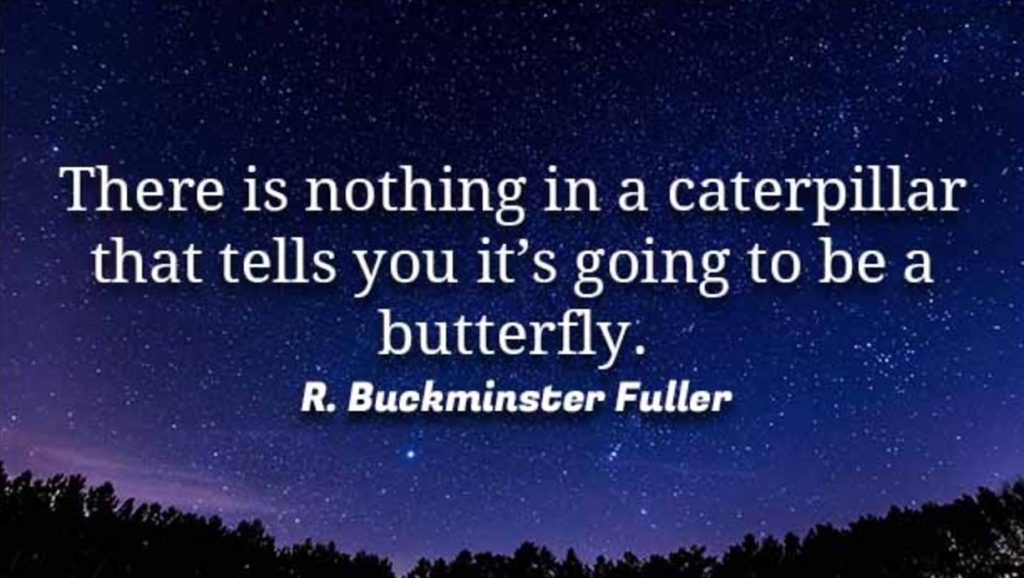
The first two posts in this series focused on what the current political environment looks like, and why it provides a perfect opportunity for experimentation and decentralization. Today’s post will examine what it will take to get there. While I think the future can be a very bright one, this is by no means written in stone and will take a herculean effort by millions of globally enlightened and motivated humans to achieve it.
In order to properly frame today’s post, I will be relying heavily on information discussed in my five-part series on Spiral Dynamics published back in February. While I will try to provide context, it might be helpful to check out those older posts before continuing if things start to get confusing.
Let’s begin by me quoting Ken Wilber in the post, What is Spiral Dynamics and Why Have I Become So Interested in It?
So it is that the leading edge of consciousness evolution stands today on the brink of an integral millennium—or at least the possibility of an integral millennium, where the sum total of extant human knowledge, wisdom, and technology is available to all. But there are several obstacles to that integral embrace, even in the most developed populations. Moreover, there is the more typical or average mode of consciousness, which is far from integral anything, and is in desperate need of its own tending.
I have, in numerous previous publications (especially Integral Psychology) given the details of many of those researchers. Here I will simply use one of them as an example. The model is called Spiral Dynamics, based on the pioneering work of Clare Graves. Graves proposed a profound and elegant system of human development, which subsequent research has refined and validated, not refuted. “Briefly, what I am proposing is that the psychology of the mature human being is an unfolding, emergent, oscillating spiralling process marked by progressive subordination of older, lower-order behavior systems to newer, higher-order systems as an individual’s existential problems change. Each successive stage, wave, or level of existence is a state through which people pass on their way to other states of being. When the human is centralized in one state of existence” —as I would put it, when the self’s center of gravity hovers around a particular wave of consciousness— “he or she has a psychology which is particular to that state. His or her feelings, motivations, ethics and values, biochemistry, degree of neurological activation, learning system, belief systems, conception of mental health, ideas as to what mental illness is and how it should be treated, conceptions of and preferences for management, education, economics, and political theory and practice are all appropriate to that state.”
Donate bitcoins: 35DBUbbAQHTqbDaAc5mAaN6BqwA2AxuE7G
Follow me on Twitter.


